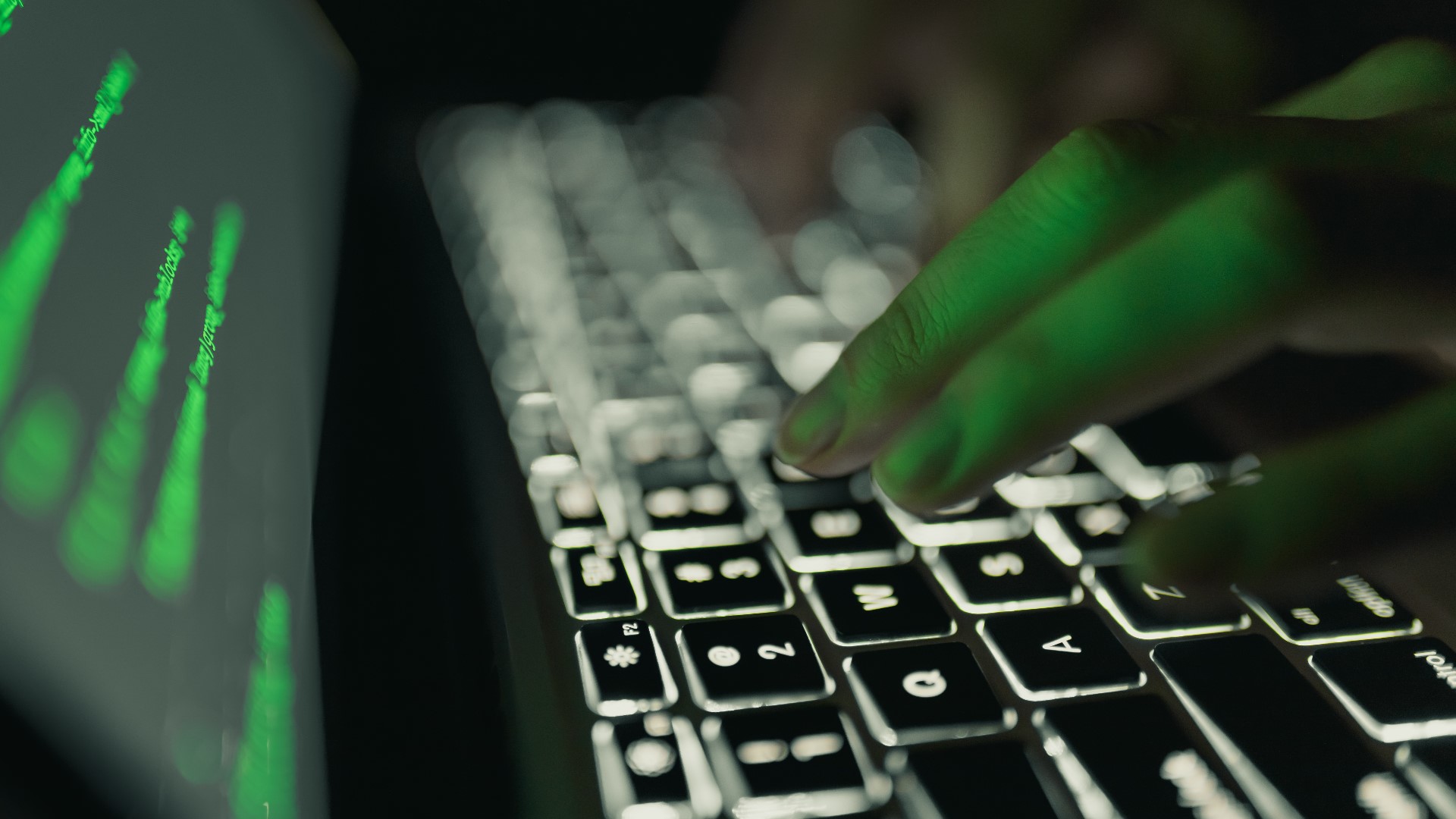MAINE, USA — If there's one thing cybersecurity experts want you to know, it's that the perception big companies are typically the targets of cyberattacks is wrong. Small businesses and individuals are increasingly targeted -- and ultimately, no one is immune to the threat.
In 2017, a report from Cybersecurity Ventures predicted ransomware would cost the world $5 billion that year, an increase from the $325 million price-tag in 2015. In 2021, that estimated cost increased to $20 billion -- and by 2031, Cybersecurity Ventures estimates damages could reach $265 billion.
Amy Williams is a director of proactive services at BlueVoyant, a cybersecurity company. She says when it comes to this kind of an attack, money is the main motive, noting ransomware is a "very lucrative" business that is highly organized -- and individuals shouldn't underestimate hackers.
To protect yourself online, there are steps you can take on a day-to-day basis. Williams says they include:
- Don't re-use your passwords. You should also pay special attention to your bank account password. Make sure it's 15 to 16 characters long and unique -- and don't share it with anyone.
- Keep your computer and phone software up to date.
- Be less open about the details your share about your life on social media. You should avoid sharing specific travel plans and try to keep the details you disclose to a minimum. If you talk about your child or pet online, keep in mind that their name may not make for a secure password.
- Question unknown callers. If someone calls claiming to be from your bank, hang up and call the number you actually know for the bank.
- Avoid public wi-fi. It's best to use a hotspot on your phone if you need to connect to the Internet in public. If you don't have access to one, a company VPN makes public wi-fi more secure -- but if that's not an option either, it's safest to wait.
- Watch out for phishing. If you get an email, hover over the name of the sender, so the email address it came from pops up. That way, you'll be able to tell if it's legitimate or not. You can also do the same thing with links in the email.
- Try not to save your passwords online, if possible. Saving your passwords is safer than not having strong and unique passwords -- but it's still not a great idea.
Senator Angus King says our nation is under attack on a daily (and even hourly) basis, with the threat of ransomware criminals, state actors, and non-state actors.
Last week, the U.S. Senate unanimously confirmed Chris Inglis to serve as our country's first-ever National Cyber Director. In this role, Inglis will help coordinate cybersecurity activities in the federal government among the Department of Defense, intelligence community, and federal agencies. King says prevention, though, starts at the desktop so a collaboration in effort between the federal government and private sector is key. The federal government needs to learn who is being attacked to help determine where threats are coming from because they're affecting most aspects of our society.
"We know of (cyberattack) cases in Freeport, Augusta, (at the) Presque Isle police department -- and there are others," King expressed. "I was meeting with a smaller Maine bank a year or so ago, and they were attacked something like 100,000 times a week. I mean, this is happening in real time in Maine now, and whether it's identity theft, or hacking, or denial of service -- I mean, there are all kinds of levels of this."
King says he hopes that President Biden's meeting with Russian President Vladimir Putin will create some change, noting Biden listed a number of pieces of infrastructure, warning Russia that the United States will respond, if attacked. King says it doesn't matter how good our country is on the defense, our adversaries have to have fear of consequences.
If you get hacked, Williams says you should immediately update your device. If you think you've allowed a hacker onto your machine, you can file a report at a local FBI office or online at ic3.gov. If you think the attack is specific to a social media site, you should contact that specific organization. Likewise, if you see something, say something. Turn to a social media organization for help if you think a friend of yours may have been hacked.
RELATED: Local governments, school districts 'confident’ in their ability to fend off ransomware attacks
This story has been updated to reflect that ransomware damages could cost the world around $265 billion in 2031 -- not 2021. This prediction comes from Cybersecurity Ventures.
Other stories NEWS CENTER Maine is following:

